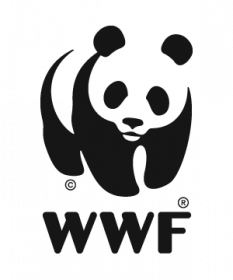The WWF is a leading conservation organization; our half-century of conservation success is rooted firmly in science. WWF has worked in Markets and Food for over a decade with the acknowledgement that the biggest threat to our mission has long been where and how we produce food. Now those impacts are being exacerbated by increased populations, increasing income, shifts in consumption patterns, and climate change.
This internship provides an opportunity for a graduate student with experience in agriculture, ideally indoor, soil-less agriculture, to contribute to research at the intersection of environmental and financial sustainability. WWF is examining the indoor and vertical soil-less farming industry. At scale, this method of farming could reduce pressures on land, biodiversity, natural habitat, and climate, but to get there it has to overcome several key hurdles that prevent it from moving beyond its current specialization in high-end leafy greens. We want to help farms overcome those hurdles, such as ones related to energy and labor, and move the industry forward. Whether this is possible will depend greatly on what will happen across LED, energy, and other related fields in the next few years. This internship will provide the opportunity to delve into what is “coming next” for indoor and vertical farming technologies and to analyze what this will mean for long-term growth and possibility in the industry.
This internship is flexible on location and can start in early September 2019, or ideally sooner, and run through early November 2019.
- Explore current developments in LED technology and calculate future energy costs, both environmental and financial, by building off of existing life cycle analysis (LCA) work being done at WWF.
- Determine what causes energy use in current indoor and vertical farm systems to vary.
- Working with the LCA team (see first bullet point), identify how inputs to various types of farms (aeroponics, aquaponics, hydroponics, both greenhouse and vertical) will change over the next few years and how the key impacts and drivers (e.g. energy, GHG emissions, water, nutrients, waste) will change.
- Explore how the sustainability of these different farm types is changing due to improving energy or other variables and what can be done to make these farms even more sustainable and economically viable.
- Begin to understand the current state of gene editing of food and whether this can be used to optimize produce for indoor growth.
- Experience with indoor or vertical soil-less growing systems preferred
- Part-time or full-time
- Excellent research, writing, and analytical skills, as well as attention to detail
- Ability to work productively on both independent research assignments and as part of a team
- Proactive problem-solving and effective communication skills (written and verbal)
